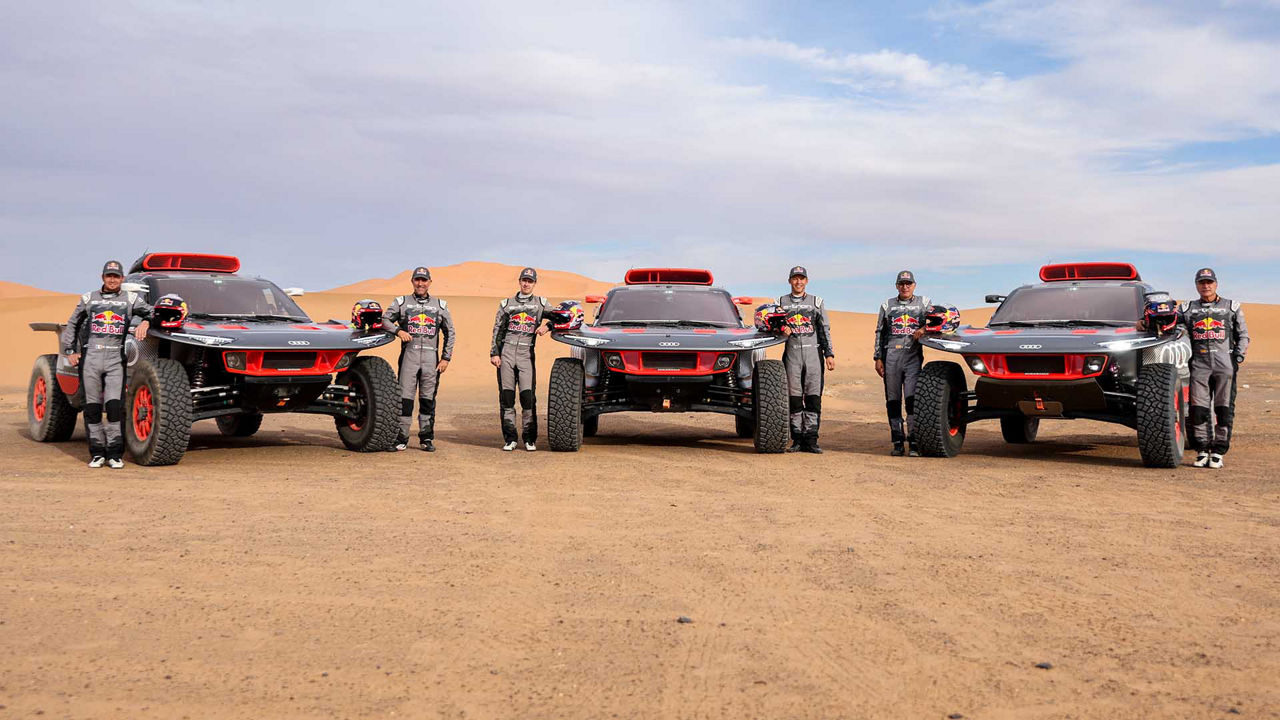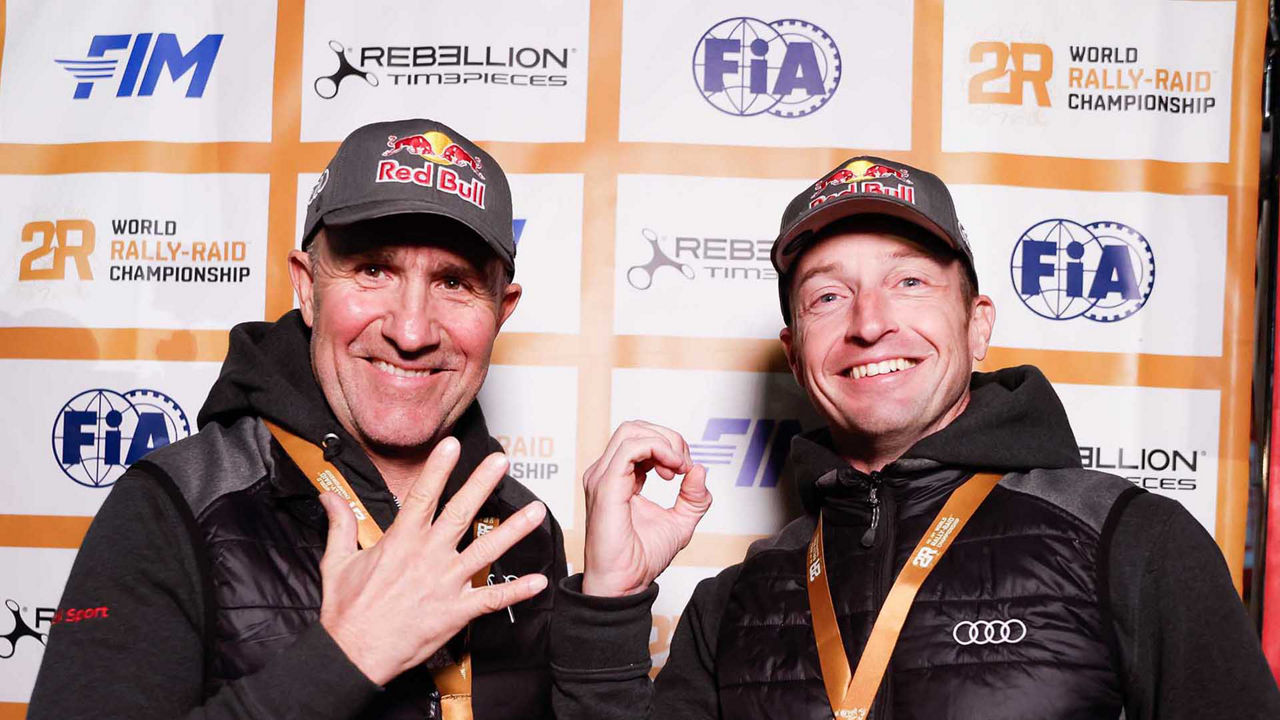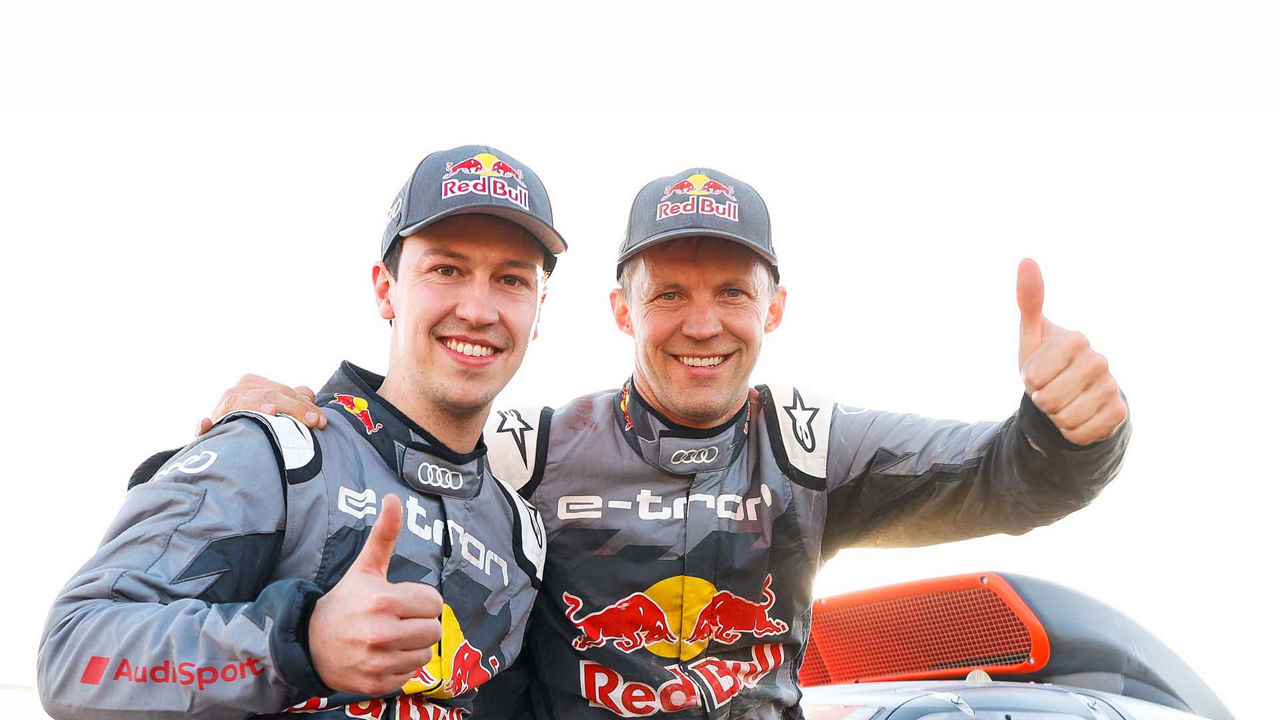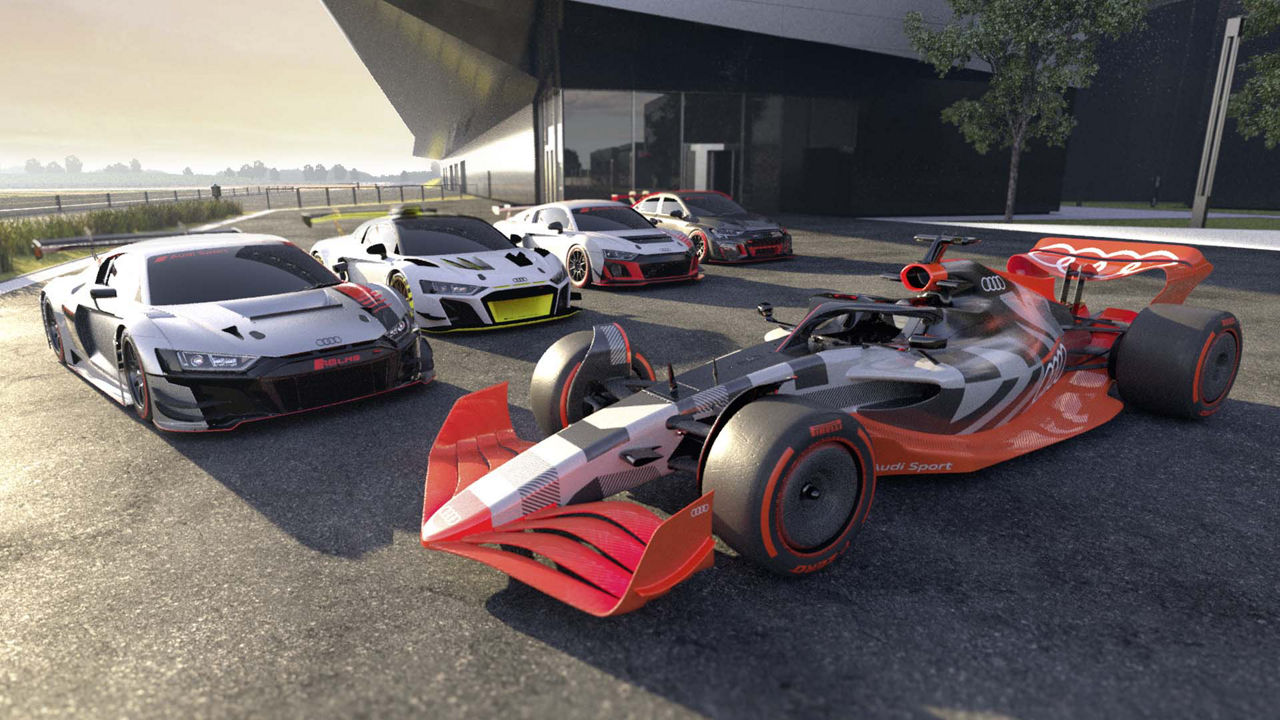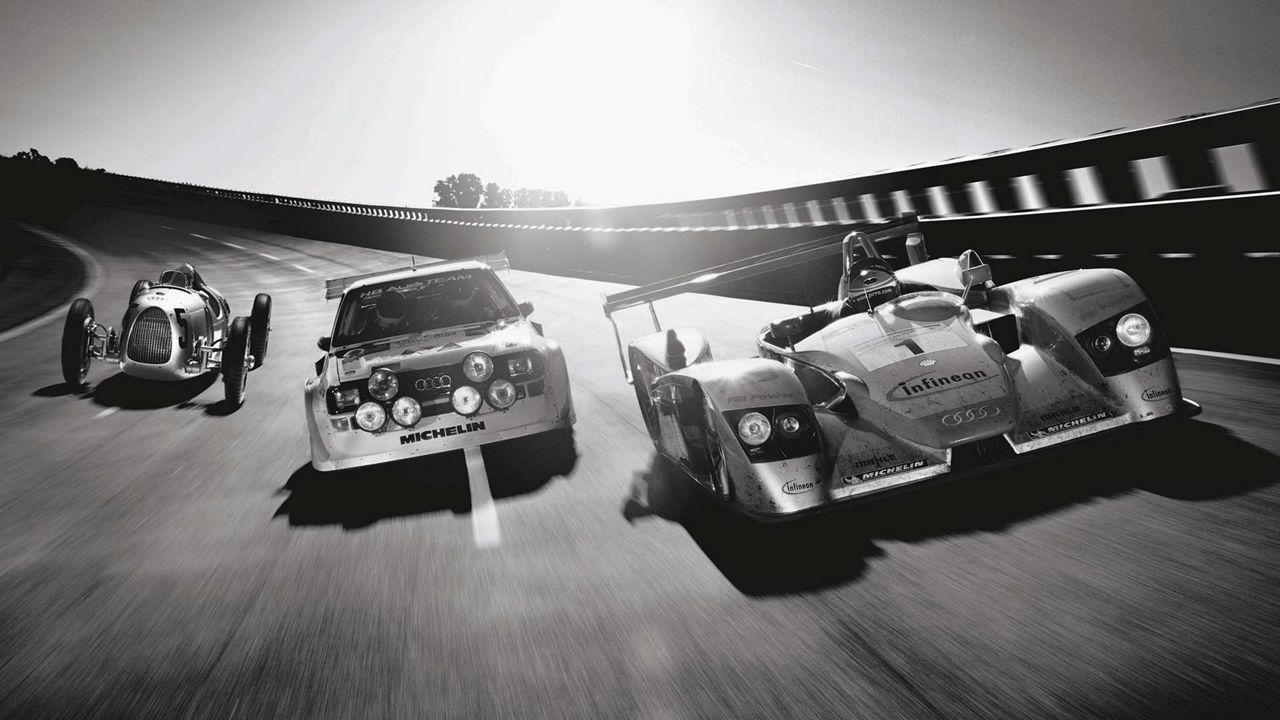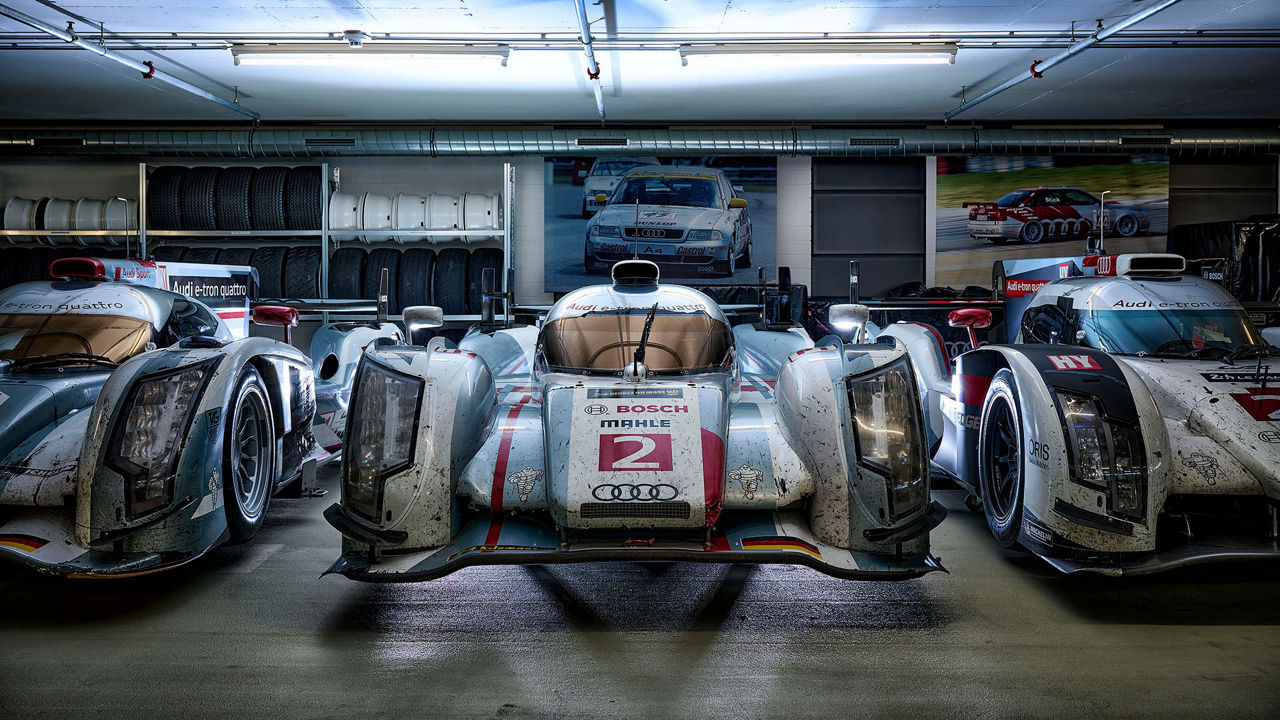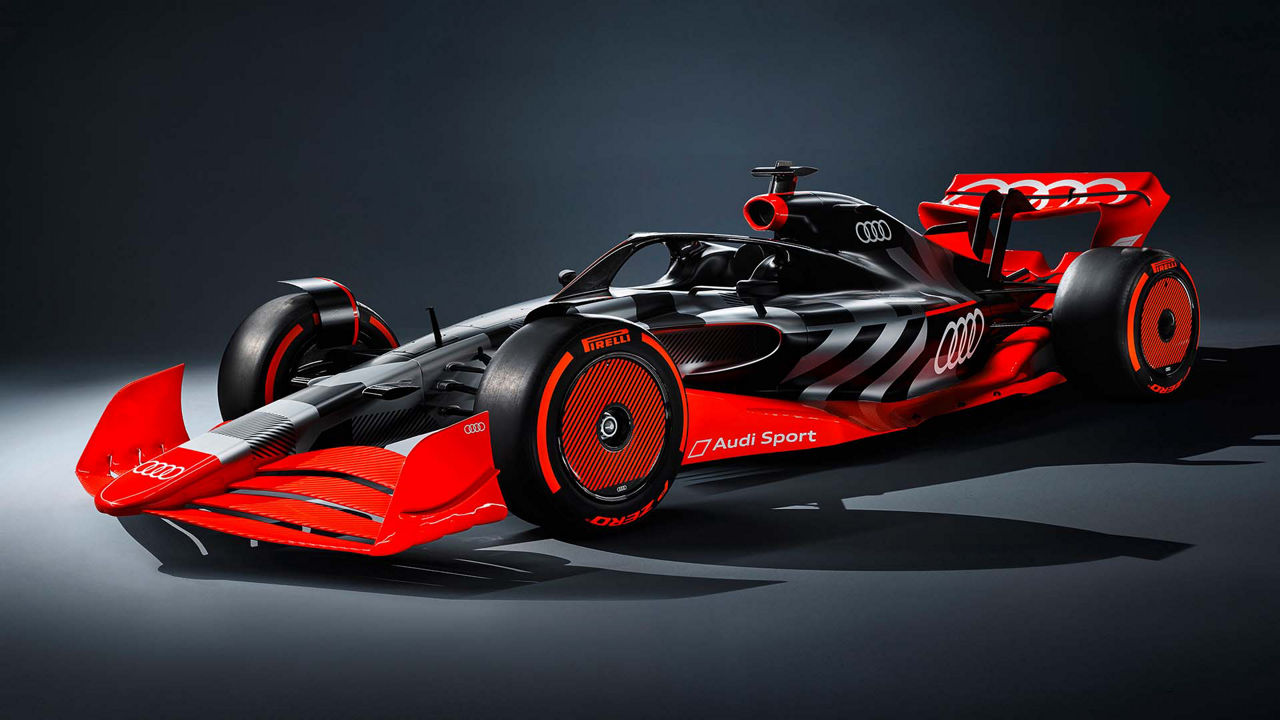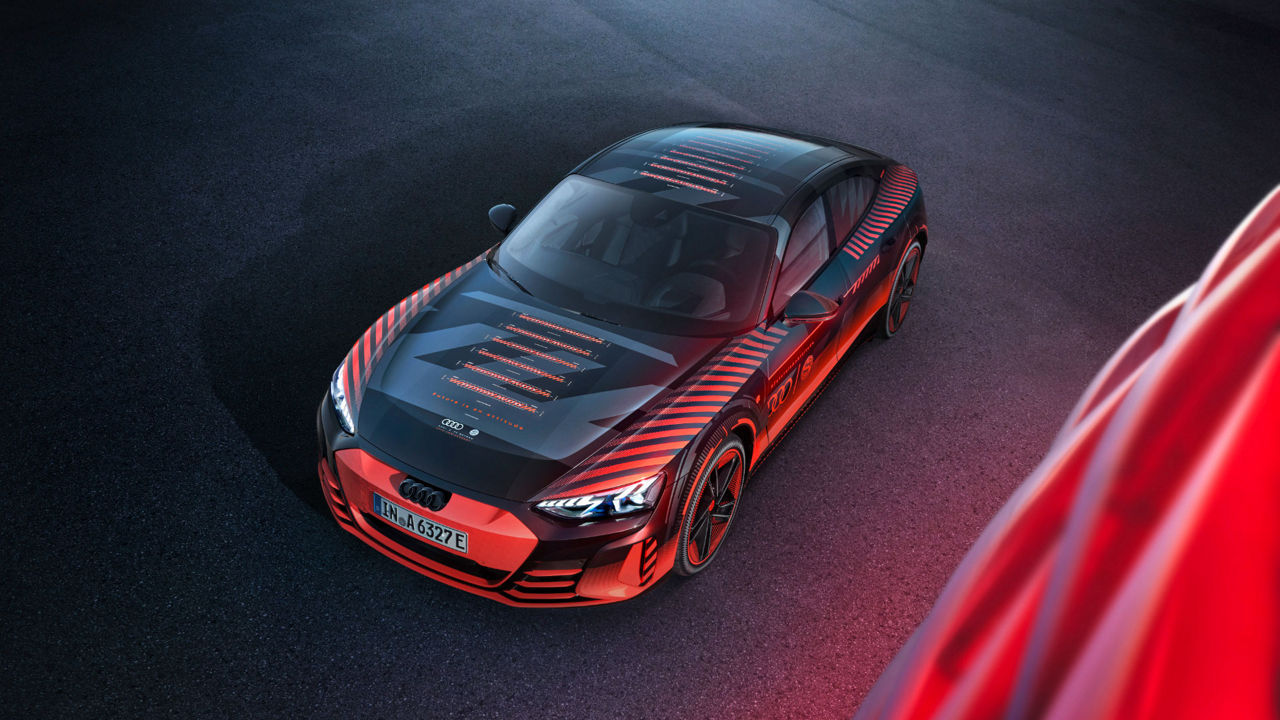Audi won the Dakar Rally at its third attempt after thrilling competition from Toyota, Ford and the experienced Prodrive team. Spaniards Carlos Sainz and Lucas Cruz celebrated their fourth personal success in the desert classic after intelligently managing their lead right to the end in the battle against their strong pursuers, Sébastien Loeb and Fabian Lurquin. Over daily distances of often more than 400 kilometers, two marathon stages with limited or no service, 4,600 kilometers against the clock, and 7,883 kilometers in total, the Audi RS Q e-tron¹ ultimately won with a lead of 80 minutes. The Dakar victory with an electric drivetrain² was the next in a long line of milestones that Audi has set in motorsport. The successes of the quattro all-wheel drivetrain in rallying and circuit racing in the 1980s and 1990s, the victories of the efficient TFSI, TDI and e-tron quattro drivetrains at Le Mans, individual technologies such as the LED matrix light system or the Audi laser light in endurance racing, as well as titles and victories of Audi’s first electric racing car in Formula E, stand for technological and sporting masterpieces.








